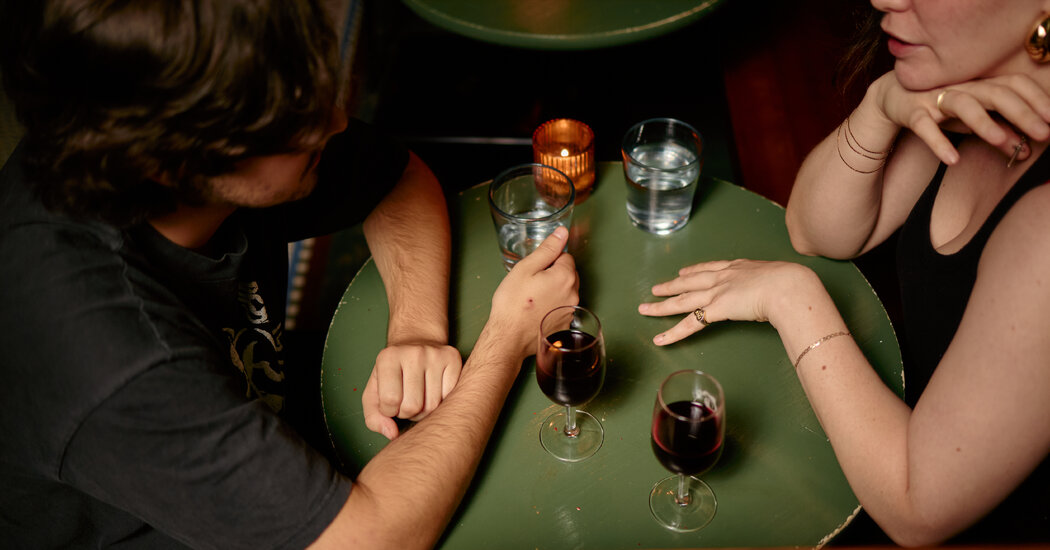People over 35 can experience different physical effects than younger drinkers.
Americans are drinking more as they hit midlife — and suffering the consequences.
People between the ages of 35 and 50 reported record-high levels of binge drinking in 2022. One recent study found that the greatest increase in heavy alcohol use between 2018 and 2022 was among people in their 40s. Doctors are particularly concerned about rising alcohol consumption among middle-aged women, as more of them develop alcohol-related liver and heart disease.
Researchers are not entirely sure why middle-aged drinking is on the rise, though they noted that adults in this age range faced the pressures of caring for both children and aging parents, heightened demands at work and “historic” levels of loneliness.
But the trend is troubling: Middle age is already the time when the health effects from decades of drinking, including cancer and heart or liver disease, often start to emerge. And drinking is also more dangerous at midlife, as the body becomes less able to process alcohol and as more people develop chronic diseases that drinking can worsen.
“I don’t like to be alarmist,” said Katherine Keyes, a professor of epidemiology at Columbia University. “But I think at this point, it’s pretty alarming.”
A night of heavy drinking is more risky at 55 than at 25, for a few reasons. Alcohol can compound health issues that are common in middle age, like blood sugar problems or high blood pressure. Even a drink or two can temporarily raise a person’s heart rate, for example, increasing the risk of heart attack or heart failure. These effects are especially troubling for those who already have preexisting heart disease.
And common medications people take more frequently in middle age, like blood thinners, can interact with even small amounts of alcohol and potentially cause serious complications like internal bleeding.
